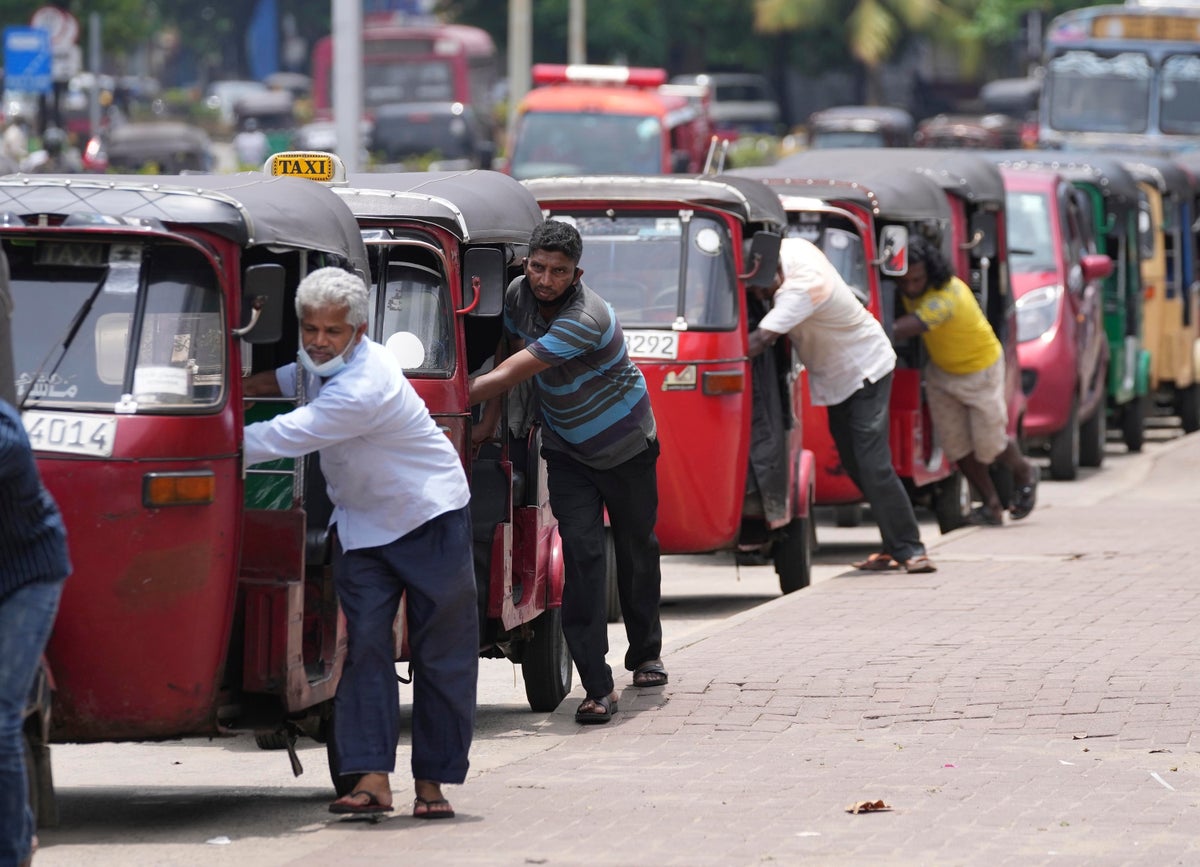
The UK’s Foreign Office (FCDO) has reinstated advice against all but essential travel to Sri Lanka.
The warning has been put in place as a result of the severe economic crisis currently hitting the island nation.
The FCDO website states: “Sri Lanka is experiencing a severe economic crisis which has led to shortages of basic necessities including medicines, cooking gas, fuel and food. There is a major shortage of fuel (diesel and petrol) affecting transport, businesses, and emergency services. There are daily power cuts due to electricity rationing.
“This has led to protests and violent unrest. Further protests, demonstrations, roadblocks and violent unrest could occur at short notice.”
Sri Lankan Prime Minister Ranil Wickremesinghe described his country as “bankrupt” in a speech to parliament today, while the energy minister, Kanchana Wijesekera, said on Sunday that the country had less than a day's worth of fuel left.
The current warning follows one put in place on 16 May following a series of violent clashes and protests in the face of a nationwide economic crisis. That warning was lifted on 10 June, with Sri Lankan travel specialists saying that tourism would be welcomed on an island that was hit hard first by the pandemic travel shutdown, then the present economic crisis.
The travel industry was taken by surprise by this latest announcement, which risks invalidating travel insurance policies for Brits who continue with trips to Sri Lanka.
Package holiday company Tui has cancelled all of its Sri Lanka holidays up to and including 18 July 2022.
In a statement released today Tui said: “We will be proactively contacting all impacted customers in departure date order to discuss their options. Please note this advice does not apply to customers transiting through Sri Lanka’s international airport and customers currently in resort can continue to enjoy their holiday as planned.“We will continue to monitor the situation and update customers should there be any further updates.”
Sam Clark, the founder of Experience Travel Group, said that while many customers with upcoming trips to Sri Lanka have opted to postpone their holidays or cancel and receive full refunds, some have decided to travel despite the FCDO warning.
Experience Travel Group is advising customers already in Sri Lanka to continue their holidays, saying that the company had secured enough fuel for its vehicles thanks to a policy by the Sri Lankan government to prioritise the travel industry in an attempt to keep revenue flowing into the country. Protests are localised and peaceful, said Clark.
The UK is an important market for Sri Lankan tourism, with almost 200,000 British tourists visiting the island in 2019. That number dipped to just over 55,000 in 2020 as a result of pandemic-related travel restrictions.
“UK travellers tend to travel around the country and spend their money quite well so [tourism] does have a positive impact on the whole country,” said Clark.
“If the advisory is lifted relatively quickly, it could have a relatively limited impact,” he said, though the longer it eats into the busy summer season, that could have a “huge impact on people's livelihoods and indeed on the ability of the Sri Lankan government to purchase more fuel and supplies in the future.”
The FCDO warning does not apply to airside transit through Sri Lanka’s international airport.







